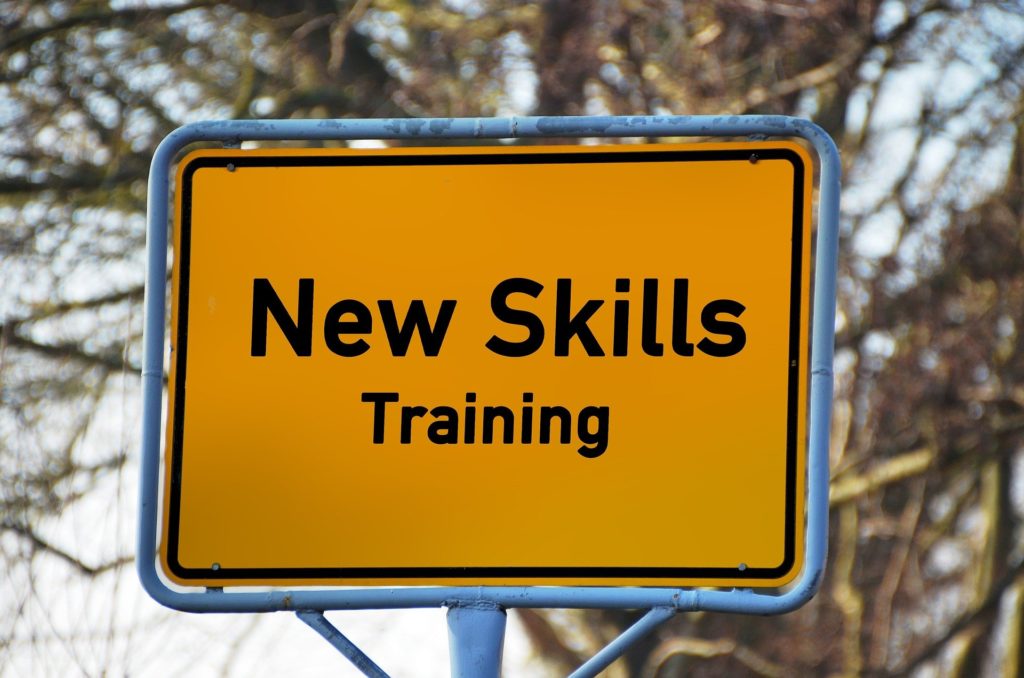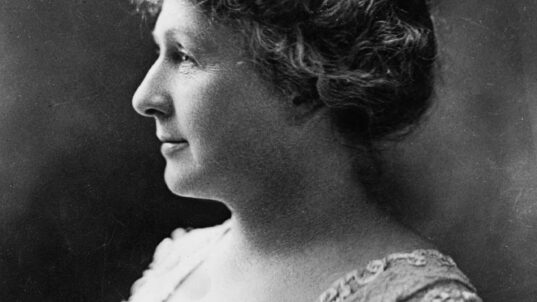
Image by Gerd Altmann from Pixabay
After his wife passed, Paul Washburn decided it was time for a career change. He left his law practice and now was starting out as an Assistant Professor in Political Science. He inherited a syllabus for Foundations of the Justice System course, which had an extensive discussion component. Teaching was very new to him, but he had done a lot of mediations so he had some familiarity with the principles for productive discussions.
Washburn wanted his students to lead their own discussions, so be decided to teach them some facilitation skills. When the discussions started, he was dismayed that the students simply did not know how to participate in a collaborative discussion.
Washburn decided to do something that worked well for him in his legal practice. After each class, he wrote his thoughts on the class in a journal. His emphasis was on what worked and what needed improvement. The journal resembled the memos for the record he prepared after each mediation session. Then he prepared a summary of discussion suggestions for the next class session that he emailed to students.
Over time, the class discussions improved. Still, Washburn had the nagging feeling that he could do better.
Once the semester was over, Washburn revisited his journal entries. What he found was that there were several themes for improvements he wanted to make. Some of those were related to the syllabus while others were related to the topics selected for discussions. His preparation of students for discussion was also an issue. For each of the theme areas, Washburn brainstormed new approaches for demonstrating the key skills and guiding students in practicing them.
Each semester, Washburn felt less of that nagging feeling. His students more readily improved their discussion skills. In fact, several faculty colleagues reached out to him to share his knowledge after they observed how well prepared his students were.
Collaborative discussions are not a casual undertaking. They require intentional guidance. The reality is that most instructors were never really taught how to be effective participants in collaborative discussions—never mind never learning how to teach these skills to others. Collaborative discussion skills need to be refined through extensive practice and reflection. (You can see sample instructor’s reflections here). What Washburn had done was to focus on a process of guided practice, reflection, and improved practice to support his students’ skill development.
* * *
“We are what we repeatedly do. Excellence, therefore, is not an act, but a habit.” – Aristotle
This post is part of our “Think About” education series. These posts are based on composites of real-world experiences, with some details changed for the sake of anonymity. New posts appear Wednesday afternoons.



